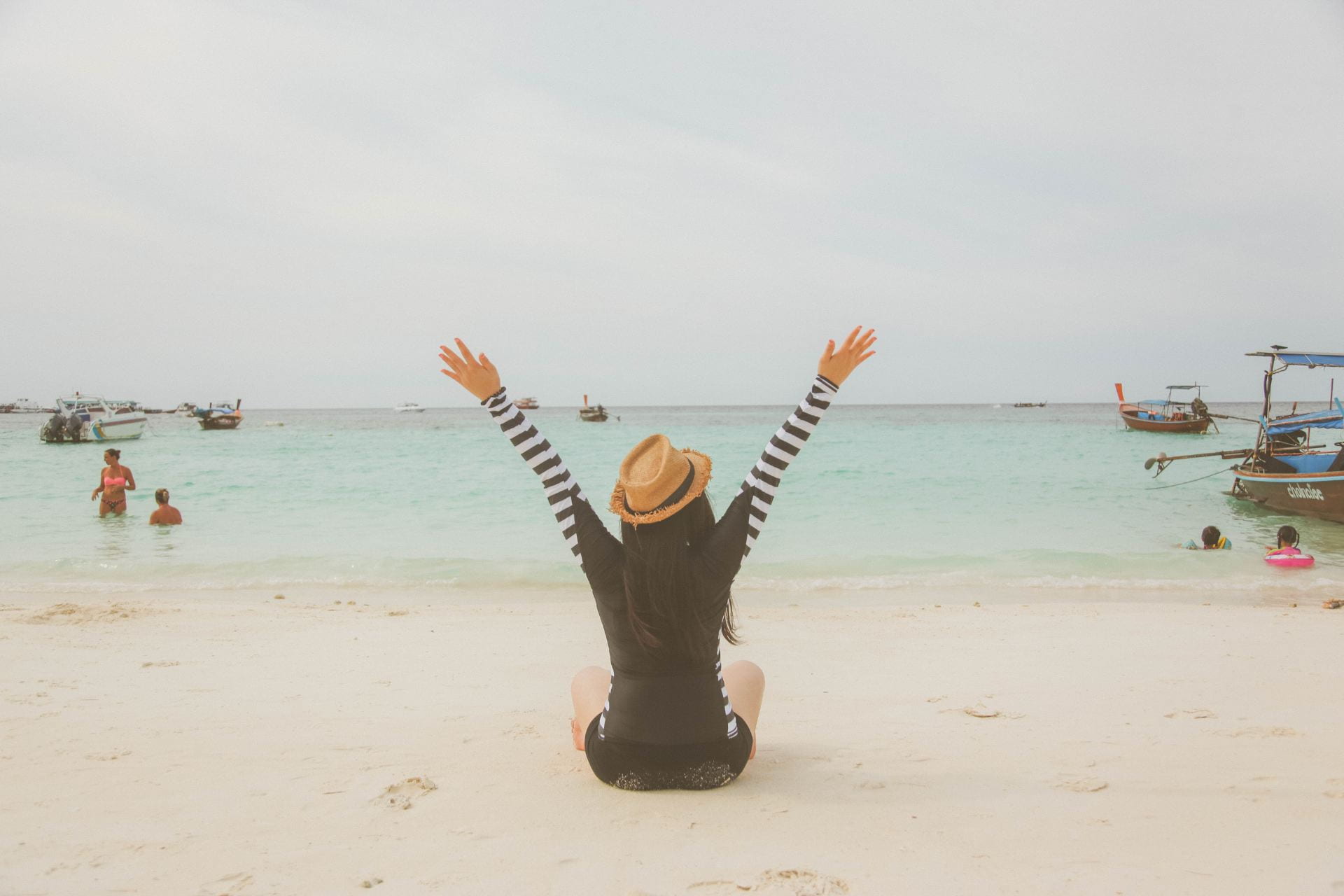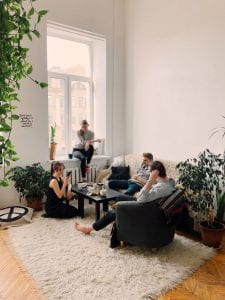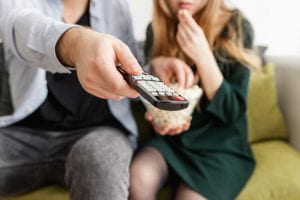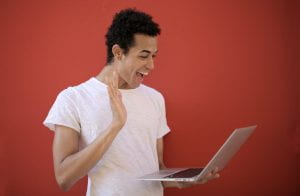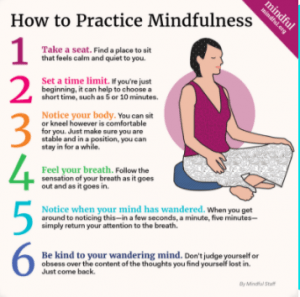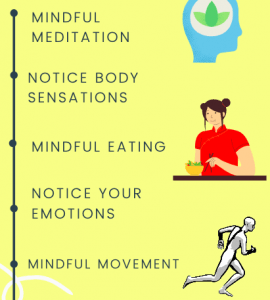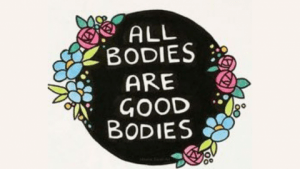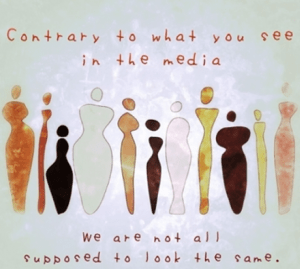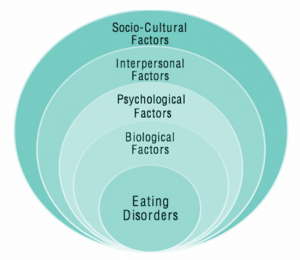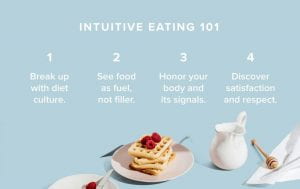 (Photo provided by the American Foundation for Suicide Prevention)
(Photo provided by the American Foundation for Suicide Prevention)
Watching the rising rates of the coronavirus in your state, learning about different signs and symptoms of COVID-19, along with hearing about the COVID-19 deaths causes so much worry, stress, fear, and anxiety.
Being in a pandemic is stressful.
Not having a job during a pandemic is also stressful.
Staying home while working at home can be overwhelming.
Hearing or witnessing racial injustice brings tears and frustration.
There are many things that we cannot control, but there are things that we can control. Focusing on what is in our sphere of influence can help lessen our stress. We can do our part to reduce the spread of COVID-19 by staying at home as much as we can, having hand sanitizer nearby, practicing social distancing while wearing a face mask or cloth covering, and by washing our hands frequently. These are all necessary actions that are needed to reduce the spread of COVID-19. While taking these protective actions to care for ourselves and others, we can also take care of our mental health, which is very important, especially during this difficult time.
Unmanaged stress, fear, and anxiety can negatively impact our daily activities. For example, it may lead to disruptions in our sleeping and eating patterns, increased use of substances, difficulty concentrating, worsening of a mental illness or a health condition, and in general adding more stress. Coping during a pandemic is truly important. How do we do that?
First, it is important to be self-aware of your body and your emotions. Be knowledgeable of how your body responds to stress, fear, and/or worry. You may experience more headaches, or you may have a decreased appetite. Everyone responds differently to stress, so it is important to know your body. In addition, it is important to know what you need when your body is responding to stress. You may need more family time and/or more time alone or you may want to try other self-care behaviors like practicing mindfulness— self-care looks different for everyone.
The next thing is to accept yourself–accept all of you. Strive for progression, instead of perfection. Find ways to show care and love for yourself. Celebrate small victories.
Here are some healthy ways to cope provided by the Center for Disease Control and Prevention (CDC):
- Take care of your emotional health.Our emotional injuries are just as important as our physical injuries. Taking care of your emotional health will help you think clearly and react to the urgent needs to protect yourself and your family. Focus on grounding yourself by trying mindfulness exercises.
- It is okay to take a break. Zoom calls all day? Insert short breaks in between. Take a break from reading and watching the news. Set digital boundaries and reduce your screen time by engaging in activities that do not involve a screen such as reading a book, cooking, painting, spending time outside.
- Take care of your physical body.
- Take deep breaths, stretch, meditate, do yoga
- Try to eat nutrient-dense, well-balanced meals and stay hydrated
- Exercise regularly.
- Get plenty of sleep.
- Know what to do if you are sick. Contact your medical provider if you are sick and/or get tested for COVID-19 if you may have been exposed to someone who has had COVID-19.
- Know where and how to get treatment and other support services and resources, including counseling or therapy (in person or through telehealth services).
- Connect. Although you cannot see your family and friends as often as you like due to the pandemic, you still can connect with them virtually or through sending letters. Talk with people you trust about your concerns and how you are feeling. They can keep you accountable as well and you can also tell them what you need from them. You can also join a new safe community, healthy space such as a book club, or the Collegiate Recovery Community (CRC).
- At HPW, we have the Collegiate Recovery Community which is open to any DePaul student who identifies as being in recovery from substance use, mental health issues, or eating concerns. It is such a great support network, especially during these times. CRC meets virtually on Thursdays from 5 PM -6:15 PM. If you are interested in joining, feel free to contact Katie Bellamy at kbellamy@depaul.edu.
Check out our blog and website for helplines and resources or reach out directly for 1:1 support.
The Office of Health Promotion & Wellness encourages you to take some time and reflect on the healthy ways to cope listed above. We also want you to take care of yourself first so that you can take care of others. Send this to another Blue Demon to spread the message.
Take Care DePaul!

